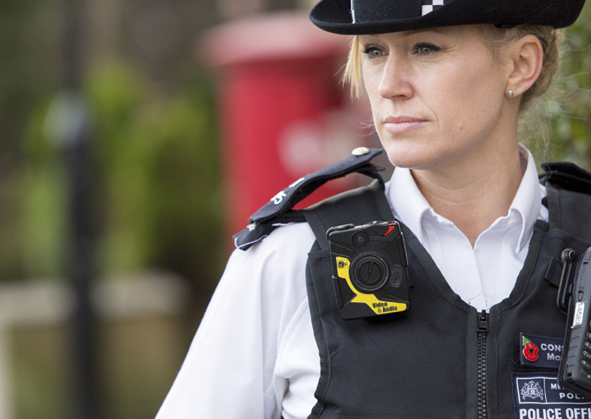Growing diversity in police technology predicted
A new report into the future of police technology predicts a growing diversity of data sources and mobile working devices and new advances that will assist the more for less agenda and produce greater efficiency within forces.

A new report into the future of police technology predicts a growing diversity of data sources and mobile working devices and new advances that will assist the more for less agenda and produce greater efficiency within forces.
Commissioned by Airwave, the report, The Future of the Force: Police, Technology and Serving the Public, was produced by AIMTech Consulting, a spin-off from the University of Leeds Business School, and highlights four key technologies likely to affect the ways police officers work:
Mobile devices smartphones, tablets and electronic devices will play an increasingly important role in allowing officers to record data and look up information while out in the community. This means that less time will be wasted on back-office tasks and officers will be more visible in the community;
Wireless networks new ways of using technology, such as augmented reality, will rely on being able to send large volumes of data on 4G networks;
Social media this will be an increasingly significant tool in helping people to connect with their local forces. Analysis of social media use could also provide a rich source of intelligence; and
Sensor networks sensors can observe and report back on practically every aspect of our world. This could be used by police forces for operations ranging from the monitoring of public spaces to covert tracking. Communities will need to be carefully consulted to address the ethical issues that this could raise.
The report found that currently:
81 per cent of forces use social media to interact with the public;
67 per cent of forces expect to change the way they use in-car data terminals; and
81 per cent of forces have the technology they need for video surveillance.
However, 90 per cent of forces said they expected to change the way they use smartphones in the next five years and nearly two-thirds expect to change the way they use technology for overseeing activities
Interviews with senior police officers, government officials and chief technology officers of companies supporting the police service highlight changes in the nature of policing and the resulting technology challenges, including:
A major increase in big data and the need to filter and analyse growing volumes of structured and unstructured information to convert this into real-time intelligence; and
A rise in the need for collaboration and interoperability of systems so that information can be shared between forces and/or with other emergency services for greater efficiency and effectiveness.
Dr David Allen, senior lecturer at Leeds University Business School and senior consultant at AIMTech, said: The report highlights many new sources of structured and unstructured information. Making that information available remotely via a range of devices will enable remote working practices and free officers from the back office. Interoperability will support the sharing of information and will be key to effective collaboration with other services command and control, for example.
Euros Evans, chief technology officer at Airwave, added that having access to real-time intelligence ensures the right information reaches the right officers at the right time, in the right location and in an appropriate format which greatly increases the likelihood of a positive outcome for police.


